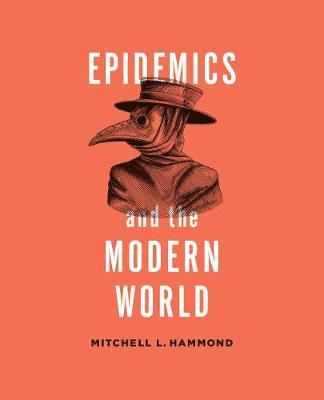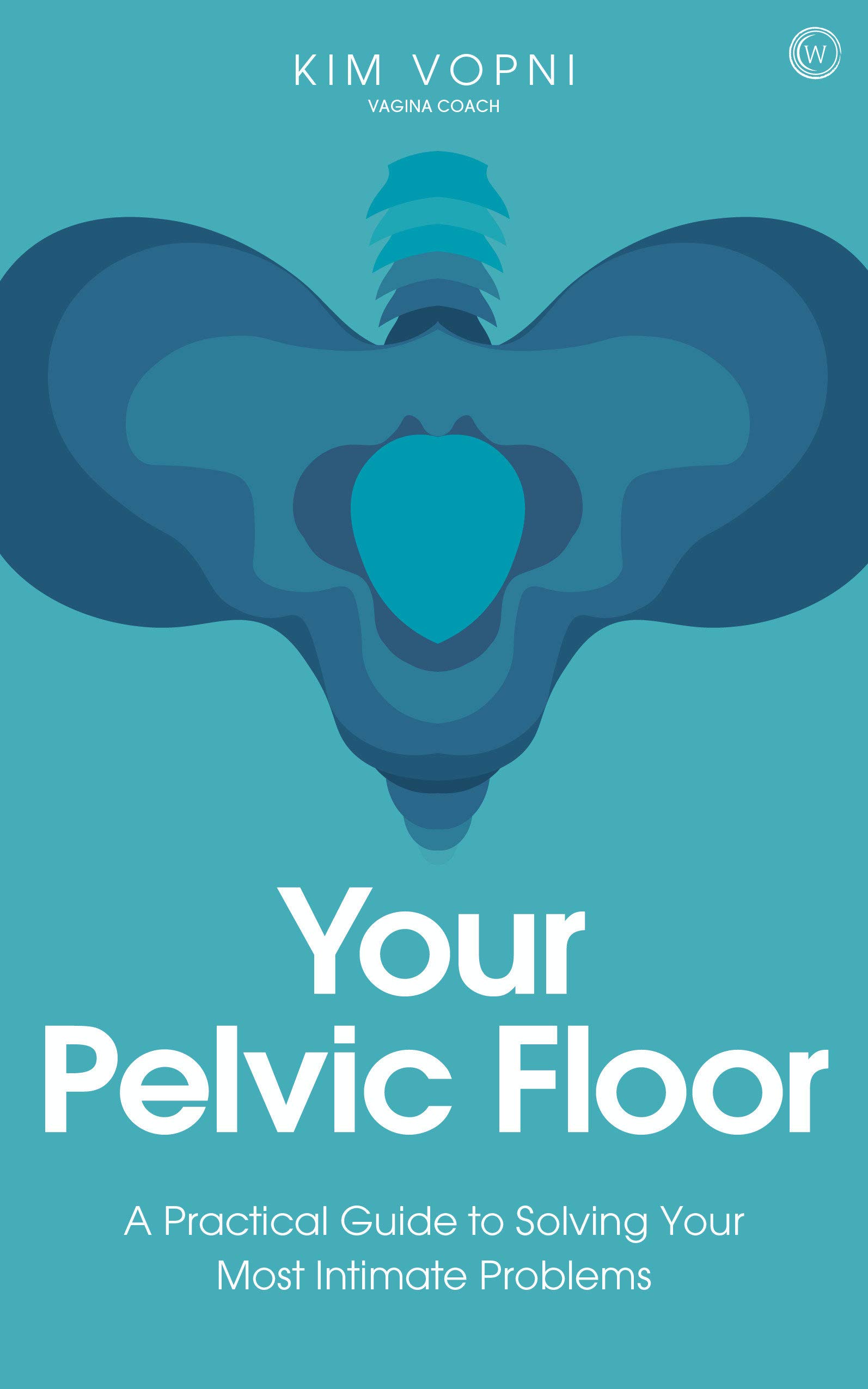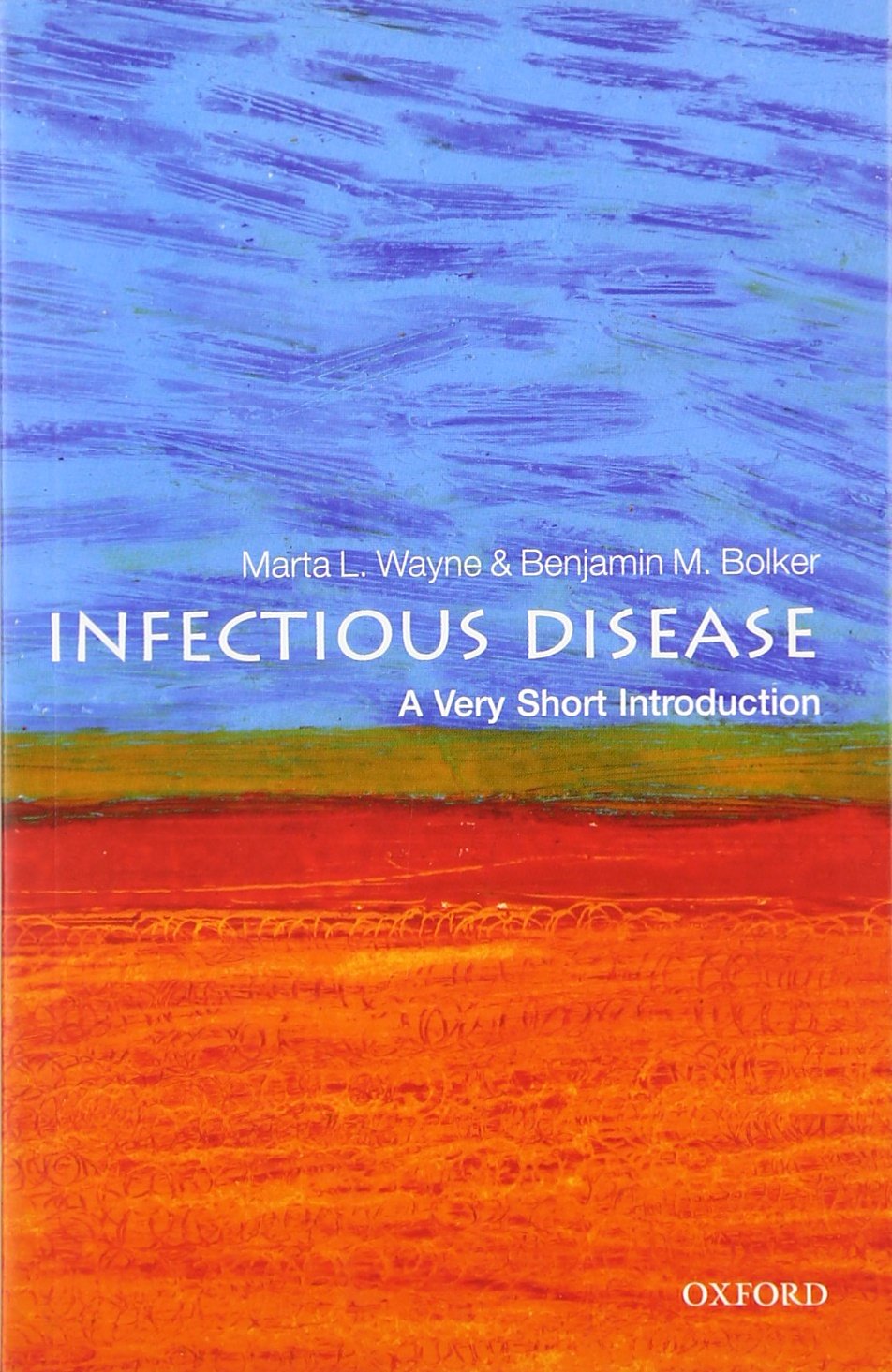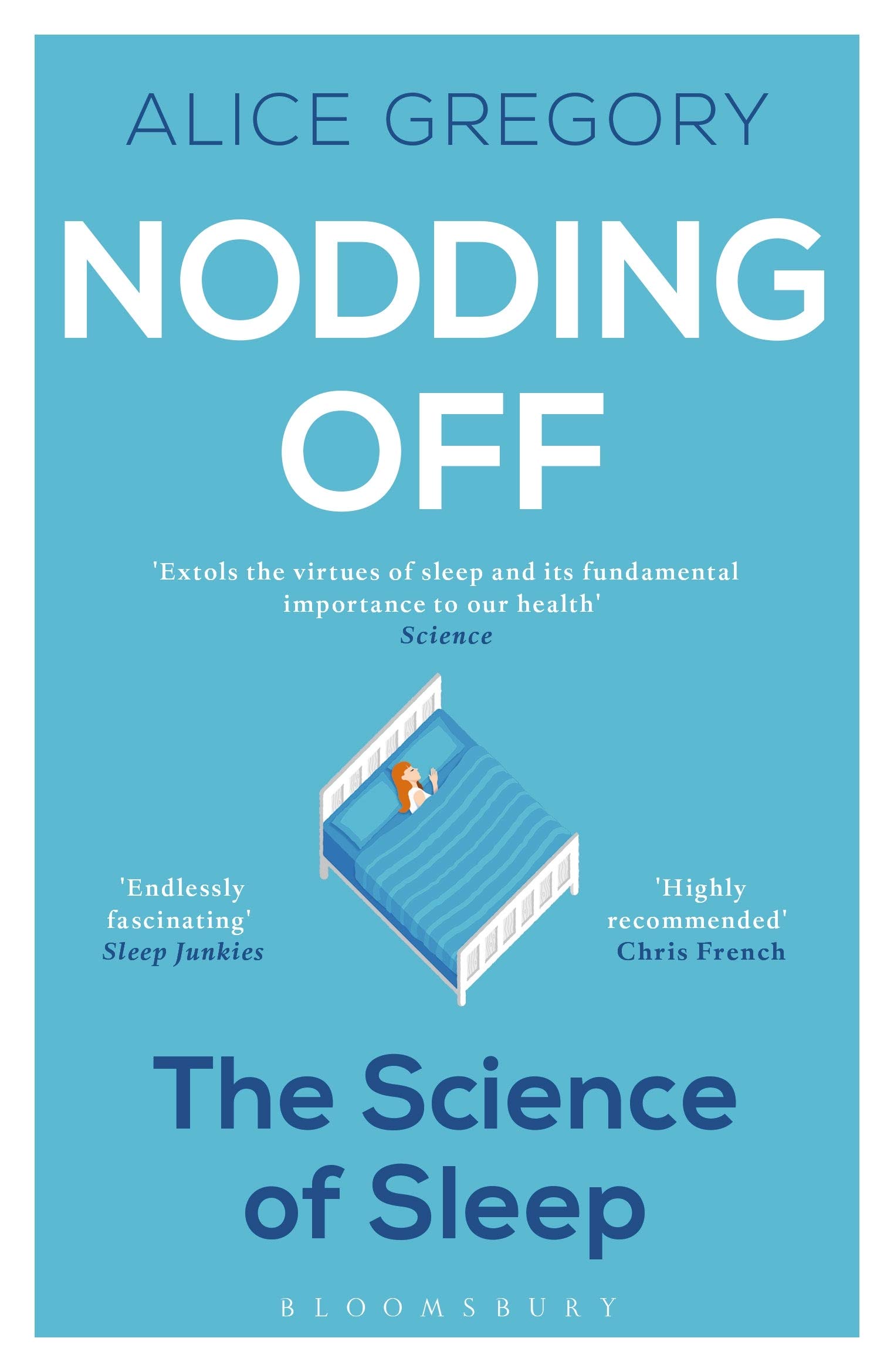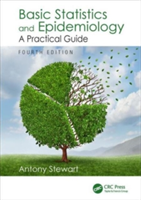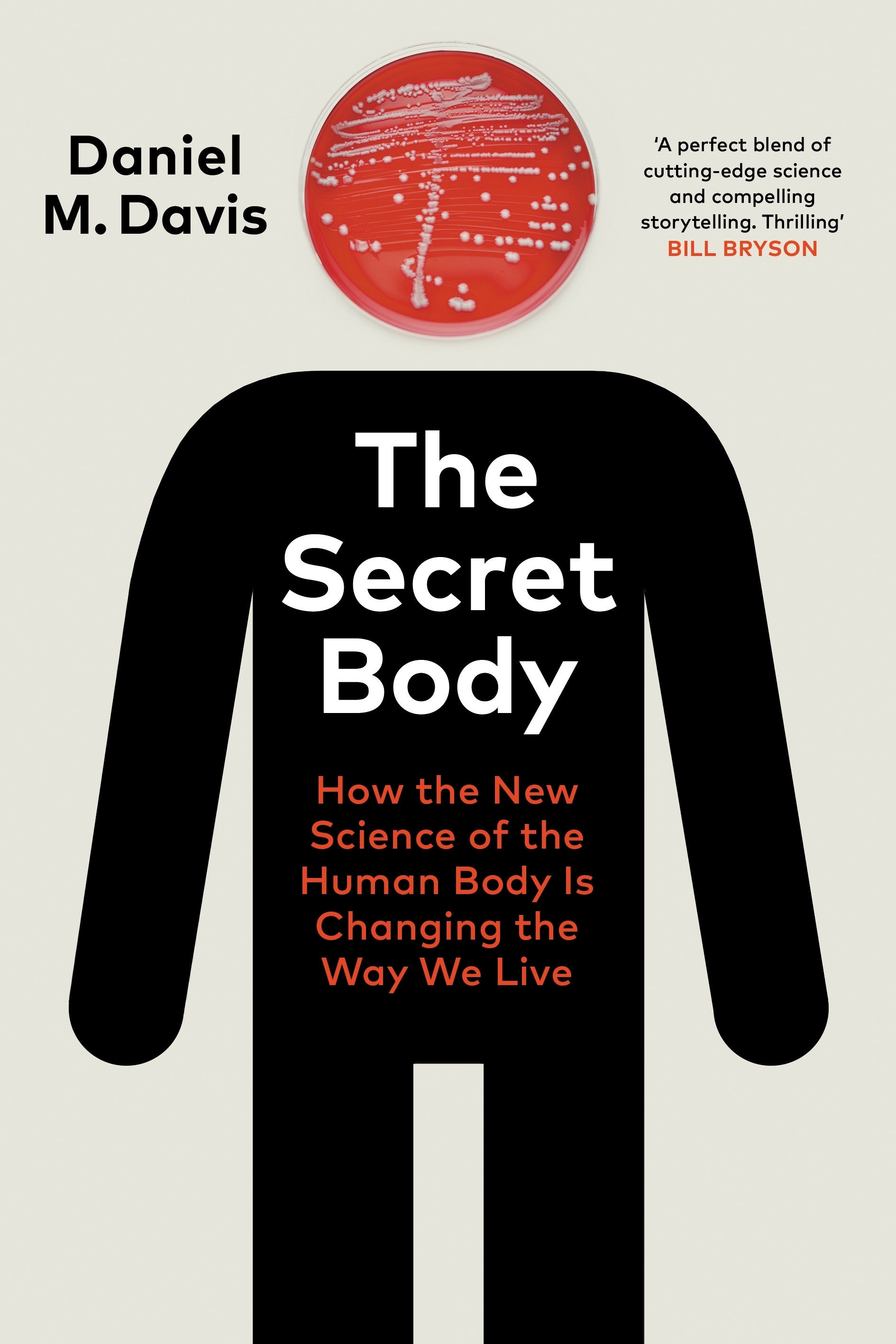Epidemics and the Modern World - Mitchell Hammond
de: Mitchell Hammond
Publicat de: University of Toronto Press
Anunta-ma cand revine pe stoc!Epidemics and the Modern World explores the relationships between epidemics and key themes in modern history. Our institutions, colonial structures, relationships to animals, and perceptions of suffering, sexuality, race, and disability have all shaped - and been shaped by - these significant medical events.
This book uses "biographies" of epidemics such as plague, tuberculosis, and HIV/AIDS to explore the impact of disease on the development of modern societies from the fourteenth century to the present. Drawing on the most recent science of genetics, microbiology, and climatology, this text includes "Science Focus" boxes that discuss important scientific concepts and technologies. Structured workshop sections with engaging primary sources help readers develop skills of interpretation and gain knowledge of key historical events.
Epidemics and the Modern World assumes no prior experience with the history of science or medicine and is accessible for undergraduate students, while its challenging approach to the history of the modern world will engage readers of all levels and all interests.
Epidemics and the Modern World explores the relationships between epidemics and key themes in modern history. Our institutions, colonial structures, relationships to animals, and perceptions of suffering, sexuality, race, and disability have all shaped - and been shaped by - these significant medical events.
This book uses "biographies" of epidemics such as plague, tuberculosis, and HIV/AIDS to explore the impact of disease on the development of modern societies from the fourteenth century to the present. Drawing on the most recent science of genetics, microbiology, and climatology, this text includes "Science Focus" boxes that discuss important scientific concepts and technologies. Structured workshop sections with engaging primary sources help readers develop skills of interpretation and gain knowledge of key historical events.
Epidemics and the Modern World assumes no prior experience with the history of science or medicine and is accessible for undergraduate students, while its challenging approach to the history of the modern world will engage readers of all levels and all interests.
Epidemics and the Modern World explores the relationships between epidemics and key themes in modern history. Our institutions, colonial structures, relationships to animals, and perceptions of suffering, sexuality, race, and disability have all shaped - and been shaped by - these significant medical events.
This book uses "biographies" of epidemics such as plague, tuberculosis, and HIV/AIDS to explore the impact of disease on the development of modern societies from the fourteenth century to the present. Drawing on the most recent science of genetics, microbiology, and climatology, this text includes "Science Focus" boxes that discuss important scientific concepts and technologies. Structured workshop sections with engaging primary sources help readers develop skills of interpretation and gain knowledge of key historical events.
Epidemics and the Modern World assumes no prior experience with the history of science or medicine and is accessible for undergraduate students, while its challenging approach to the history of the modern world will engage readers of all levels and all interests.
Epidemics and the Modern World explores the relationships between epidemics and key themes in modern history. Our institutions, colonial structures, relationships to animals, and perceptions of suffering, sexuality, race, and disability have all shaped - and been shaped by - these significant medical events.
This book uses "biographies" of epidemics such as plague, tuberculosis, and HIV/AIDS to explore the impact of disease on the development of modern societies from the fourteenth century to the present. Drawing on the most recent science of genetics, microbiology, and climatology, this text includes "Science Focus" boxes that discuss important scientific concepts and technologies. Structured workshop sections with engaging primary sources help readers develop skills of interpretation and gain knowledge of key historical events.
Epidemics and the Modern World assumes no prior experience with the history of science or medicine and is accessible for undergraduate students, while its challenging approach to the history of the modern world will engage readers of all levels and all interests.
Epidemics and the Modern World explores the relationships between epidemics and key themes in modern history. Our institutions, colonial structures, relationships to animals, and perceptions of suffering, sexuality, race, and disability have all shaped - and been shaped by - these significant medical events.
This book uses "biographies" of epidemics such as plague, tuberculosis, and HIV/AIDS to explore the impact of disease on the development of modern societies from the fourteenth century to the present. Drawing on the most recent science of genetics, microbiology, and climatology, this text includes "Science Focus" boxes that discuss important scientific concepts and technologies. Structured workshop sections with engaging primary sources help readers develop skills of interpretation and gain knowledge of key historical events.
Epidemics and the Modern World assumes no prior experience with the history of science or medicine and is accessible for undergraduate students, while its challenging approach to the history of the modern world will engage readers of all levels and all interests.
Epidemics and the Modern World explores the relationships between epidemics and key themes in modern history. Our institutions, colonial structures, relationships to animals, and perceptions of suffering, sexuality, race, and disability have all shaped - and been shaped by - these significant medical events.
This book uses "biographies" of epidemics such as plague, tuberculosis, and HIV/AIDS to explore the impact of disease on the development of modern societies from the fourteenth century to the present. Drawing on the most recent science of genetics, microbiology, and climatology, this text includes "Science Focus" boxes that discuss important scientific concepts and technologies. Structured workshop sections with engaging primary sources help readers develop skills of interpretation and gain knowledge of key historical events.
Epidemics and the Modern World assumes no prior experience with the history of science or medicine and is accessible for undergraduate students, while its challenging approach to the history of the modern world will engage readers of all levels and all interests.
Epidemics and the Modern World explores the relationships between epidemics and key themes in modern history. Our institutions, colonial structures, relationships to animals, and perceptions of suffering, sexuality, race, and disability have all shaped - and been shaped by - these significant medical events.
This book uses "biographies" of epidemics such as plague, tuberculosis, and HIV/AIDS to explore the impact of disease on the development of modern societies from the fourteenth century to the present. Drawing on the most recent science of genetics, microbiology, and climatology, this text includes "Science Focus" boxes that discuss important scientific concepts and technologies. Structured workshop sections with engaging primary sources help readers develop skills of interpretation and gain knowledge of key historical events.
Epidemics and the Modern World assumes no prior experience with the history of science or medicine and is accessible for undergraduate students, while its challenging approach to the history of the modern world will engage readers of all levels and all interests.
Epidemics and the Modern World explores the relationships between epidemics and key themes in modern history. Our institutions, colonial structures, relationships to animals, and perceptions of suffering, sexuality, race, and disability have all shaped - and been shaped by - these significant medical events.
This book uses "biographies" of epidemics such as plague, tuberculosis, and HIV/AIDS to explore the impact of disease on the development of modern societies from the fourteenth century to the present. Drawing on the most recent science of genetics, microbiology, and climatology, this text includes "Science Focus" boxes that discuss important scientific concepts and technologies. Structured workshop sections with engaging primary sources help readers develop skills of interpretation and gain knowledge of key historical events.
Epidemics and the Modern World assumes no prior experience with the history of science or medicine and is accessible for undergraduate students, while its challenging approach to the history of the modern world will engage readers of all levels and all interests.
Epidemics and the Modern World explores the relationships between epidemics and key themes in modern history. Our institutions, colonial structures, relationships to animals, and perceptions of suffering, sexuality, race, and disability have all shaped - and been shaped by - these significant medical events.
This book uses "biographies" of epidemics such as plague, tuberculosis, and HIV/AIDS to explore the impact of disease on the development of modern societies from the fourteenth century to the present. Drawing on the most recent science of genetics, microbiology, and climatology, this text includes "Science Focus" boxes that discuss important scientific concepts and technologies. Structured workshop sections with engaging primary sources help readers develop skills of interpretation and gain knowledge of key historical events.
Epidemics and the Modern World assumes no prior experience with the history of science or medicine and is accessible for undergraduate students, while its challenging approach to the history of the modern world will engage readers of all levels and all interests.
Epidemics and the Modern World explores the relationships between epidemics and key themes in modern history. Our institutions, colonial structures, relationships to animals, and perceptions of suffering, sexuality, race, and disability have all shaped - and been shaped by - these significant medical events.
This book uses "biographies" of epidemics such as plague, tuberculosis, and HIV/AIDS to explore the impact of disease on the development of modern societies from the fourteenth century to the present. Drawing on the most recent science of genetics, microbiology, and climatology, this text includes "Science Focus" boxes that discuss important scientific concepts and technologies. Structured workshop sections with engaging primary sources help readers develop skills of interpretation and gain knowledge of key historical events.
Epidemics and the Modern World assumes no prior experience with the history of science or medicine and is accessible for undergraduate students, while its challenging approach to the history of the modern world will engage readers of all levels and all interests.
Epidemics and the Modern World explores the relationships between epidemics and key themes in modern history. Our institutions, colonial structures, relationships to animals, and perceptions of suffering, sexuality, race, and disability have all shaped - and been shaped by - these significant medical events.
This book uses "biographies" of epidemics such as plague, tuberculosis, and HIV/AIDS to explore the impact of disease on the development of modern societies from the fourteenth century to the present. Drawing on the most recent science of genetics, microbiology, and climatology, this text includes "Science Focus" boxes that discuss important scientific concepts and technologies. Structured workshop sections with engaging primary sources help readers develop skills of interpretation and gain knowledge of key historical events.
Epidemics and the Modern World assumes no prior experience with the history of science or medicine and is accessible for undergraduate students, while its challenging approach to the history of the modern world will engage readers of all levels and all interests.
Epidemics and the Modern World explores the relationships between epidemics and key themes in modern history. Our institutions, colonial structures, relationships to animals, and perceptions of suffering, sexuality, race, and disability have all shaped - and been shaped by - these significant medical events.
This book uses "biographies" of epidemics such as plague, tuberculosis, and HIV/AIDS to explore the impact of disease on the development of modern societies from the fourteenth century to the present. Drawing on the most recent science of genetics, microbiology, and climatology, this text includes "Science Focus" boxes that discuss important scientific concepts and technologies. Structured workshop sections with engaging primary sources help readers develop skills of interpretation and gain knowledge of key historical events.
Epidemics and the Modern World assumes no prior experience with the history of science or medicine and is accessible for undergraduate students, while its challenging approach to the history of the modern world will engage readers of all levels and all interests.
Epidemics and the Modern World explores the relationships between epidemics and key themes in modern history. Our institutions, colonial structures, relationships to animals, and perceptions of suffering, sexuality, race, and disability have all shaped - and been shaped by - these significant medical events.
This book uses "biographies" of epidemics such as plague, tuberculosis, and HIV/AIDS to explore the impact of disease on the development of modern societies from the fourteenth century to the present. Drawing on the most recent science of genetics, microbiology, and climatology, this text includes "Science Focus" boxes that discuss important scientific concepts and technologies. Structured workshop sections with engaging primary sources help readers develop skills of interpretation and gain knowledge of key historical events.
Epidemics and the Modern World assumes no prior experience with the history of science or medicine and is accessible for undergraduate students, while its challenging approach to the history of the modern world will engage readers of all levels and all interests.
Epidemics and the Modern World explores the relationships between epidemics and key themes in modern history. Our institutions, colonial structures, relationships to animals, and perceptions of suffering, sexuality, race, and disability have all shaped - and been shaped by - these significant medical events.
This book uses "biographies" of epidemics such as plague, tuberculosis, and HIV/AIDS to explore the impact of disease on the development of modern societies from the fourteenth century to the present. Drawing on the most recent science of genetics, microbiology, and climatology, this text includes "Science Focus" boxes that discuss important scientific concepts and technologies. Structured workshop sections with engaging primary sources help readers develop skills of interpretation and gain knowledge of key historical events.
Epidemics and the Modern World assumes no prior experience with the history of science or medicine and is accessible for undergraduate students, while its challenging approach to the history of the modern world will engage readers of all levels and all interests.
Epidemics and the Modern World explores the relationships between epidemics and key themes in modern history. Our institutions, colonial structures, relationships to animals, and perceptions of suffering, sexuality, race, and disability have all shaped - and been shaped by - these significant medical events.
This book uses "biographies" of epidemics such as plague, tuberculosis, and HIV/AIDS to explore the impact of disease on the development of modern societies from the fourteenth century to the present. Drawing on the most recent science of genetics, microbiology, and climatology, this text includes "Science Focus" boxes that discuss important scientific concepts and technologies. Structured workshop sections with engaging primary sources help readers develop skills of interpretation and gain knowledge of key historical events.
Epidemics and the Modern World assumes no prior experience with the history of science or medicine and is accessible for undergraduate students, while its challenging approach to the history of the modern world will engage readers of all levels and all interests.
| General | |
| Anul | 2019 |
| Autor | Mitchell Hammond |
| Categoria | History |
| Editie | Paperback |
| Editura | University of Toronto Press |
| Pagini | 536 |
